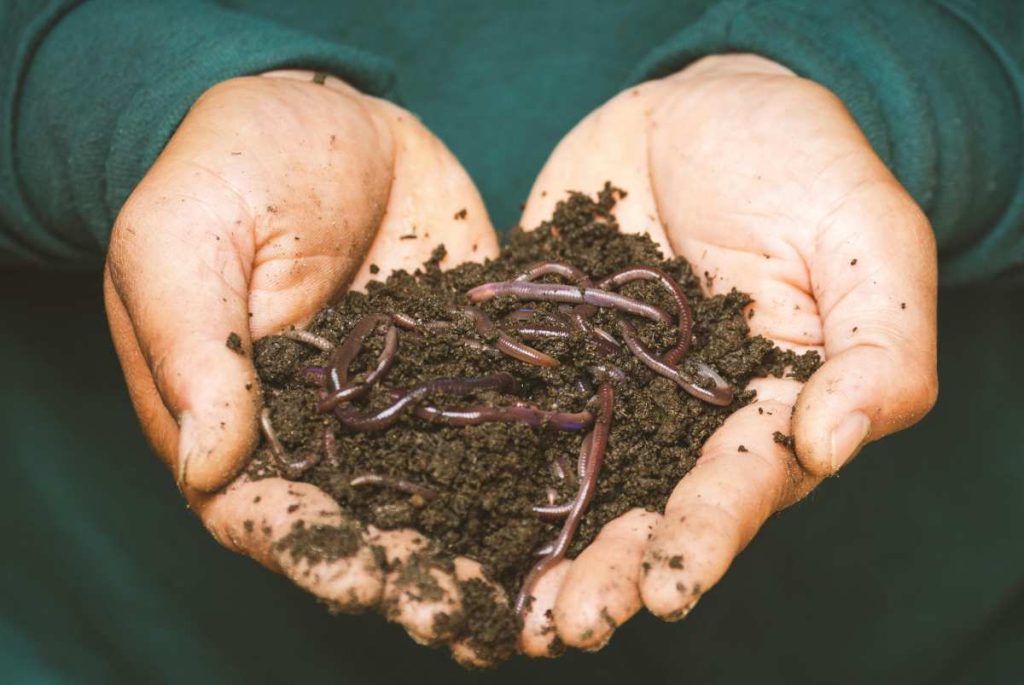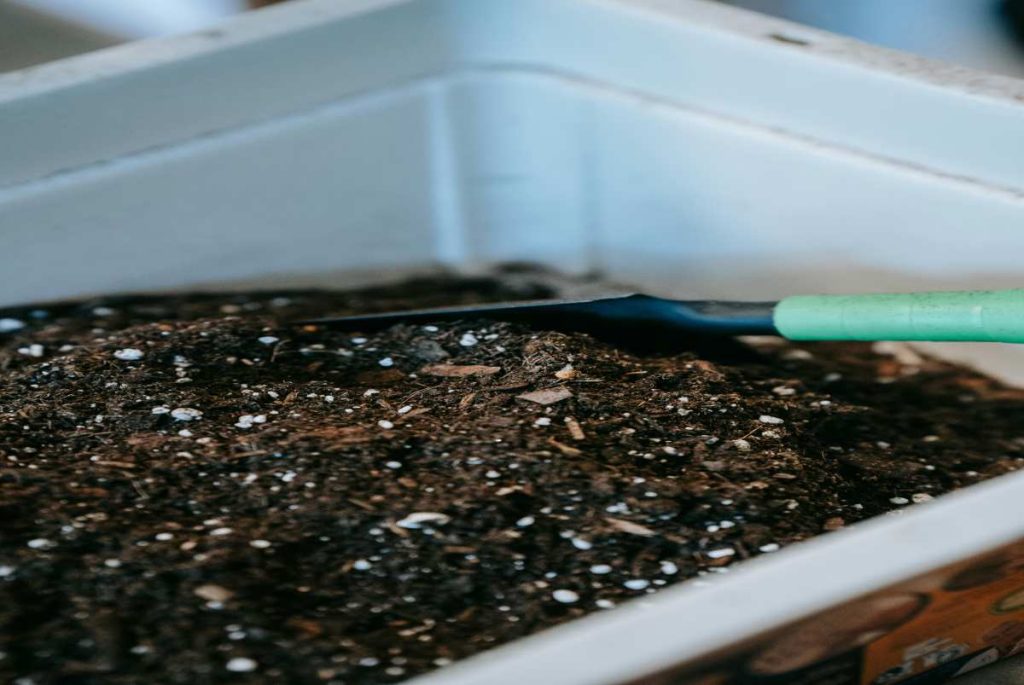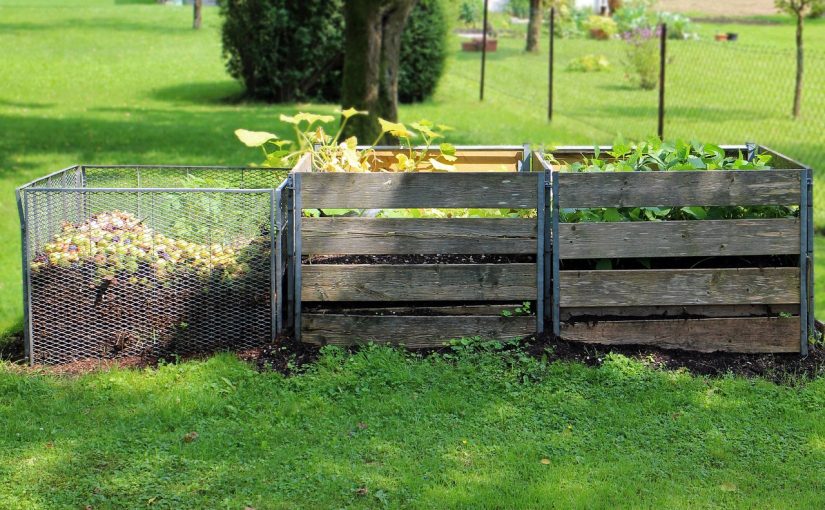Composting is often associated with sustainability and environmental conservation, but its economic benefits are just as significant. As more people, businesses, and communities embrace composting practices, it is proving to be a powerful tool for reducing waste management costs, boosting soil health, and supporting the agricultural industry. From reducing the need for chemical fertilizers to creating new business opportunities, composting is having a far-reaching economic impact. Here’s a closer look at how composting is making a real difference financially.
1. Reduces Waste Disposal Costs
One of the most direct ways composting impacts the economy is through the reduction of waste disposal costs. Organic waste—such as food scraps, yard clippings, and leaves—accounts for a significant portion of what ends up in landfills. When composting is implemented, it helps reduce the volume of waste that needs to be collected, transported, and disposed of, ultimately lowering waste management fees.
How It Works:
- Landfills charge municipalities and businesses hefty fees for waste disposal, especially for organic material that takes up a lot of space and requires longer processing times.
- By diverting organic waste into composting, communities and businesses reduce the amount of waste sent to landfills, saving money on tipping fees.
- Local governments and municipalities can invest in more sustainable waste management programs, which can lead to long-term cost savings for taxpayers.
2. Reduces the Need for Expensive Chemical Fertilizers
Compost is a natural and affordable alternative to chemical fertilizers. Chemical fertilizers are costly, and their widespread use can lead to soil degradation over time. On the other hand, compost improves soil health by adding organic matter that enhances nutrient cycling and supports beneficial soil organisms, reducing the need for synthetic fertilizers.
How It Works:
- Organic compost contains essential nutrients that nourish plants and improve soil fertility, reducing farmers’ reliance on expensive chemical fertilizers.
- By composting yard waste, food scraps, and other organic matter, households, small farms, and even large agricultural operations can produce their own compost at minimal cost.
- Compost improves soil structure, water retention, and microbial activity, which boosts crop yields, potentially saving farmers money on irrigation and fertilizer costs.
3. Supports Local Economy Through Composting Businesses

As composting has gained popularity, many new businesses have emerged to meet the growing demand for composting services and products. From local composting facilities to businesses that sell composting bins, organic fertilizers, and soil amendments, the composting industry is creating new job opportunities and contributing to local economies.
How It Works:
- Composting businesses offer job opportunities in waste management, production, and sales. These businesses are also supporting the circular economy by creating value from organic waste.
- Many municipalities contract private composting companies to process waste, creating a competitive market for compost services that can help stimulate local economies.
- The rise of composting also encourages innovation in waste management technologies, leading to the development of new, cost-efficient composting methods that benefit businesses and consumers alike.
4. Improves Agricultural Productivity
Composting not only supports the local economy by reducing costs for farmers but also enhances agricultural productivity. Compost enriches soil with essential nutrients, increases its water-holding capacity, and improves its structure, leading to healthier crops and higher yields. This has a direct financial impact, as it allows farmers to grow more food with fewer inputs.
How It Works:
- By reducing the need for synthetic inputs such as chemical fertilizers and pesticides, composting lowers the overall cost of farming while enhancing the quality of crops.
- Farms that use compost can improve soil health over time, leading to more sustainable farming practices and long-term cost savings on inputs such as water and fertilizers.
- Healthier soils are better at retaining nutrients and moisture, leading to increased resilience to droughts and extreme weather, which helps stabilize crop production and reduce financial risks.
5. Promotes Sustainable Urban Development
In urban areas, composting plays a role in reducing the economic costs of waste management while also supporting green infrastructure. Cities that incorporate composting into their waste management systems can create more sustainable urban environments, lower landfill costs, and foster community-based composting programs.
How It Works:
- Urban composting programs reduce the volume of organic waste sent to landfills, lowering the need for landfill space and cutting down on disposal costs for cities.
- By promoting community composting, cities can encourage residents to engage in sustainable practices, creating local job opportunities in waste management, gardening, and landscaping.
- Composting can also improve soil in urban green spaces, parks, and gardens, promoting healthier environments and reducing the need for chemical interventions.
6. Creates Market Opportunities for Compost
With increasing awareness of the environmental benefits of composting, there is a growing market for high-quality, locally produced compost. Garden centers, landscapers, and agricultural businesses are purchasing compost as a natural alternative to synthetic soil amendments. Additionally, compost is being used in erosion control, land reclamation, and even bioengineering applications, creating new business opportunities for compost producers.
How It Works:
- Compost is sold to garden centers, landscapers, and agricultural operations for use in residential, commercial, and industrial projects. This market demand drives revenue for compost producers and supports a sustainable supply chain.
- With increasing focus on sustainable practices in landscaping and gardening, the compost industry is seeing growth in demand, providing opportunities for small-scale compost producers and large businesses alike.
- As regulations around waste management and sustainability continue to tighten, the demand for compost will likely grow, providing a significant economic opportunity for the composting industry.
Conclusion
Composting is far more than just an environmentally conscious practice—it’s an economic powerhouse. By reducing waste disposal costs, eliminating the need for chemical fertilizers, supporting local businesses, and improving agricultural productivity, composting is creating a ripple effect of positive economic outcomes. Whether you’re a homeowner, farmer, or city planner, embracing composting can lead to long-term financial benefits for individuals, businesses, and entire communities. In a world where sustainability is key, composting is an economic solution that offers both environmental and financial rewards.




